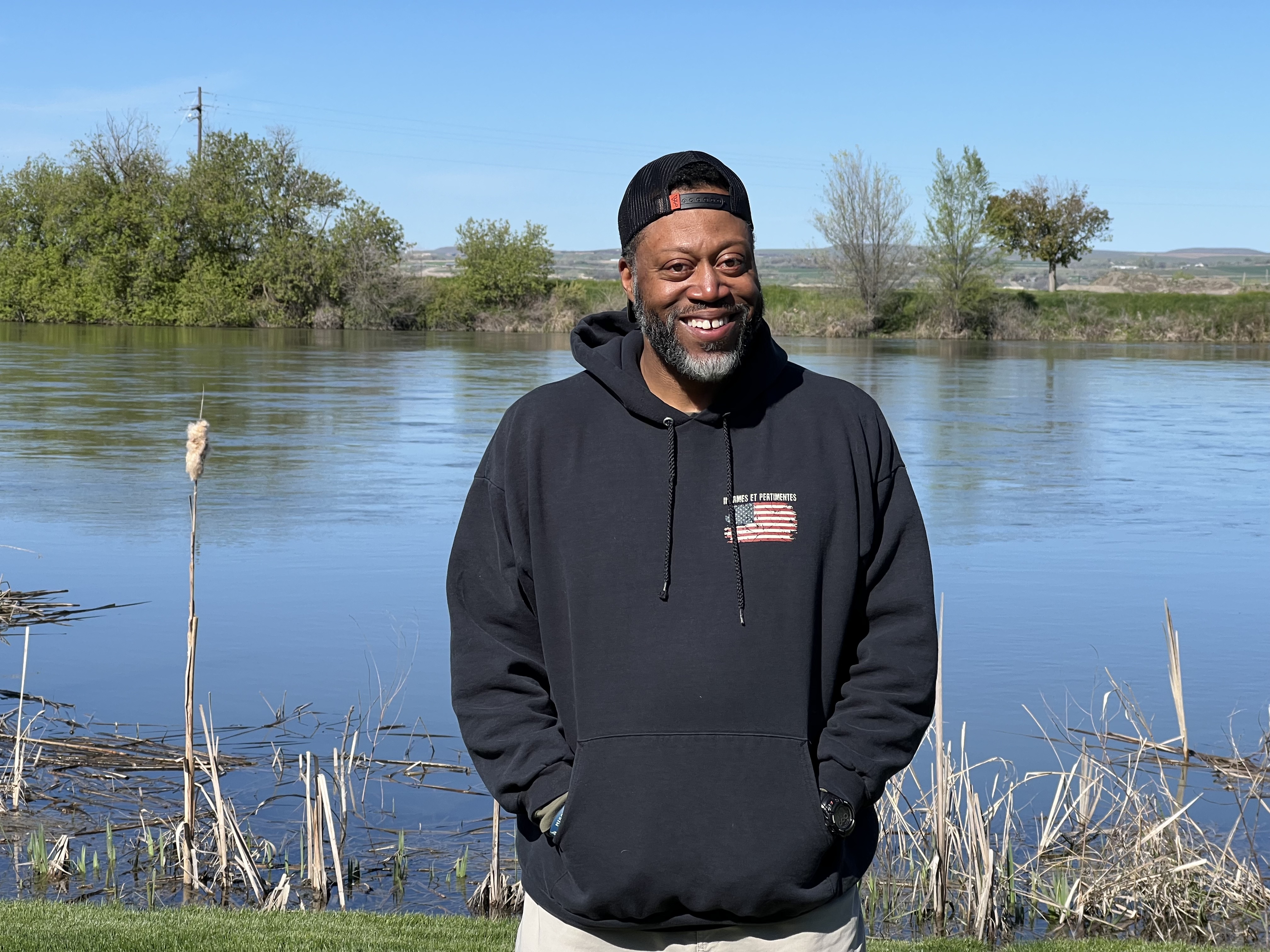Why Mental Health Support is Critical for Veterans Recovery and Resilience
When Tony J. Liles, a Boise native, transitioned from active duty after 24 years of service—spanning eleven permanent changes of station, four combat tours, and three overseas operations—civilian life felt anything but welcoming.
Despite submitting 49 job applications, Liles secured only one interview—a disheartening outcome for the dedicated husband and father of three. “I thought I had done all the right things to be employable, earning my bachelor’s degree and gaining certifications in Lean Six Sigma and Information Technology,” Liles shared. For someone who had spent his entire adulthood in service to his country, it was a jarring introduction to civilian life.

At 18, Liles enlisted in the Army after a brief stint in college. “I felt out of place. Most of my classmates came from affluent families, while I was the son of a crack-cocaine addict who was murdered when I was 16,” he said. In the Army, he found the structure and camaraderie he needed to escape poverty and his past. He also found Brittanny, a woman who shared his passion for serving others. They married and started a family as Liles advanced in his military career.
When Liles’ children were five, three, and one, he deployed to Afghanistan. Although not his first combat tour, this separation was the most emotionally devastating. Liles asked that his young family not attend the send-off, fearing his soldiers would see him visibly upset. “That was the excuse I used, but now I know PTSD was guiding me to make such a decision,” Liles reflected. “Avoidance is a coping mechanism commonly used by those living with PTSD.”

After leaving the Army, he and his family sought professional mental health support. Liles enrolled in PTSD treatment and completed a 10-week program on interpersonal regulation from his home in Meridian, Idaho.
In their home, mental health and healing are prioritized and destigmatized. “My children are now at the age where they ask about my time in Afghanistan and Iraq,” Liles says. “I openly share that it’s hard for me to talk about those events, and they are fully aware that I live with PTSD.”
Coping mechanisms are crucial to Liles’ ongoing recovery. His mental wellness “toolbox” includes solitude, nature, mindfulness, open communication with loved ones, physical activity, quality family time, and volunteering. Staying connected with his local veteran community also brings him comfort. “I thought I was alone because I was in Idaho. This was a huge mistake that almost cost me my family and my life.”
Liles knows that many Idaho veterans, like him, need mental health care. However, accessing these resources can be a significant challenge. “Fortunately, local support services are available, but long waitlists make them hard to access,” Liles notes. This is where The Headstrong Project makes a critical difference. Offering immediate, confidential care, Headstrong ensures that Idaho veterans seeking support never feel helpless or alone.
.JPG)
The Headstrong Project provides up to 30 free, comprehensive, trauma-focused therapy sessions to qualified veterans, service members, and their families. Using evidence-based therapies and a collaborative approach, Headstrong improves lives nationwide, particularly in underserved regions like Idaho. Veterans dealing with anxiety, military sexual trauma, grief and loss, depression, anger management, addiction, and sleep disorders can access care through telehealth or in-person sessions.
For veterans like Tony Liles, The Headstrong Project offers a vital lifeline, helping them triumph over trauma and reclaim their lives.
To learn more about The Headstrong Project and to begin your own journey toward recovery, visit theheadstrongproject.org/get-help.
The time to overcome trauma is now.